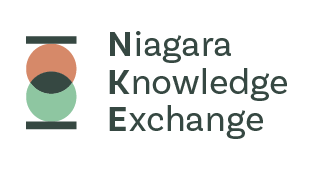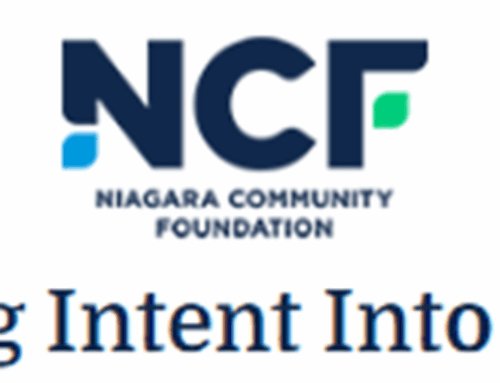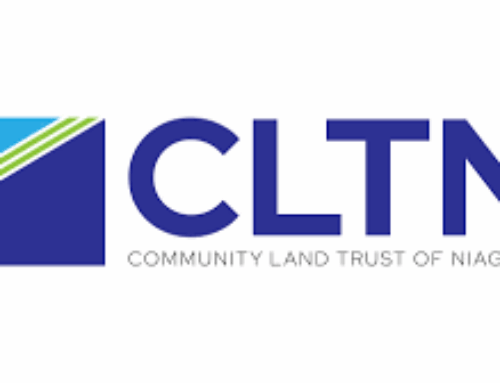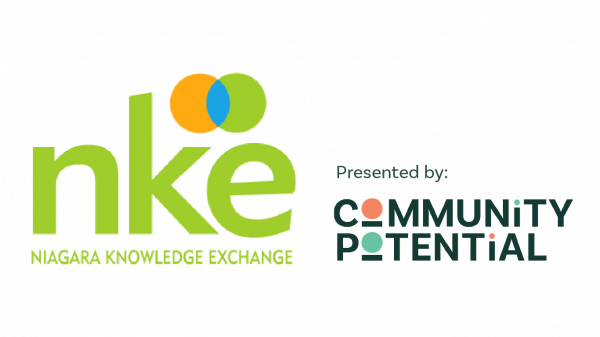Does your organization screen for abuse and trauma? Have you worked with a client at your organization and questioned why they don’t seem engaged during your meetings? Have you often felt that a client’s mental health symptoms or addictions issues are caused by exposure to domestic violence in the home but didn’t know how to ask about it?
Domestic Violence and abuse/trauma is a prevalent issue in Canada. Half of all women in Canada have experienced at least one incident of physical or sexual violence since the age of 16 (The Violence Against Women Survey, Statistics Canada, 1993) and every 6 days in Canada a woman is killed by her intimate partner (Homicide in Canada, Statistics Canada, 2011).
Not all domestic abuse is physical and it is important for workers in all sectors to be able to identify the signs of abuse and trauma and to have a meaningful dialogue on safety planning and resources for the women accessing their services. The connections between abuse, mental health and addictions are complex;
- Substance use is associated with increased domestic violence (Ledermir et al 2008; Humphreys 2007; El-Bassel et al 2005; Martino et al 2005)
- Mental health problems and substance use make women more vulnerable to domestic violence (Timko et al 2008; Martino et al 2005; El-Bassel et al 2001)
- Substances may be used to cope with effects of domestic violence (El-Bassel et al 2005; Martino et al 2005)
- Abuse and trauma are both precipitators and risk factors for mental health and substance use issues (Trauma Matters, 2013)
When abuse and trauma screening was implemented in the region of London-Middlesex, 60-80% of the women screened disclosed current or past abuse. Here are some quotes from mental health and addictions workers who implemented screening into their practice.
“I don’t think I understood some of the warning signs, symptoms, triggers. In the past, sometimes I had no idea about the trauma and I had been working with an individual for years.”
“I have been seeing her for over two years and she never disclosed. I didn’t know. Her depression makes total sense to me now.”
To help organizations better screen for abuse and trauma, the Niagara Woman Abuse Screening Project, a multi-sectorial committee has developed a screening tool to help individuals working in social service ask questions about domestic violence and trauma and respond appropriately to disclosures. This tool contains screening questions, safety planning tips and referrals to Niagara region specific services.
This committee is now moving ahead to facilitate training sessions on the issues of domestic violence, screening, trauma-informed services and safety planning throughout the Niagara region. If you feel that your organization would benefit from training around the issues of domestic violence screening and safety planning please contact us.
Being trained in abuse/trauma screening and trauma-informed services will lead to earlier interventions, better program outcomes and increased health and safety for women and their children. Let’s make every door the right door in Niagara-wide community for women with the complex concurrent issues of mental health, addictions and domestic abuse.
Jennifer De Angelis
Women’s Place of South Niagara
905-356-3933 ext 224
ProgMgr@wpsn.ca
Cindy Jennings
Community Addiction Services Niagara
905-625-5425 ext. 238
CJennings@cason.ca
More Information on the Ontario Woman Abuse Screening Project as well as further resources and information are available at: www.womanabusescreening.ca






